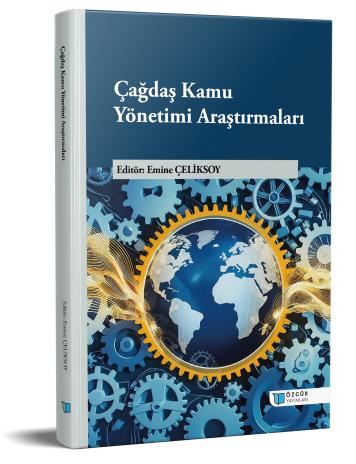
Evaluation of Local Autonomy within the Framework of the Presidential Government System
Chapter from the book:
Çeliksoy,
E.
(ed.)
2025.
Contemporary Public Administration Studies.
Synopsis
Local autonomy, broadly defined as the capacity of local administrations to make decisions independently from the central authority on matters directly concerning them, has become a contentious concept in Turkey. While local autonomy encompasses political, administrative, and financial dimensions, debates in Turkey have largely centered on its political aspect. This is primarily due to concerns that political autonomy for local governments could pave the way for a federal or state-like structure, particularly in the Eastern and Southeastern regions. Consequently, any reform proposal concerning local governance in Turkey tends to revive discussions on local autonomy. The introduction of the Presidential Government System in 2018, both de facto and de jure, similarly triggered renewed debates on this issue. However, over time it has become clearer that this systemic transformation has not altered the administration of local governments nor posed a challenge to Turkey’s unitary structure.

